
The Centre for Research on Non-Communicable Diseases (CRNCD) organised a seminar on diabetes at Sungai Long Campus on 20 August 2018. The seminar served as a platform to provide a deeper understanding of Malaysia’s leading disease known as diabetes through several talks and a discussion forum. Present at the seminar were Faculty of Medicine and Health Sciences (FMHS) Dean Emeritus Prof Dr Cheong Soon Keng, lecturers, students, staff and the public.
“I hope you will enjoy yourself at the seminar. Unlike the usual seminar which only focuses on how to treat diabetes, this seminar aims to provide a fundamental understanding of the aspects we seldom disclose. I hope you would look forward to listening to views from experts in basic sciences, physiotherapy and Traditional Chinese Medicine (TCM). We hope that the cross-fertilisation in different fields will enhance the care of diabetes,” said Prof Cheong as he welcomed the speakers and participants at the seminar.
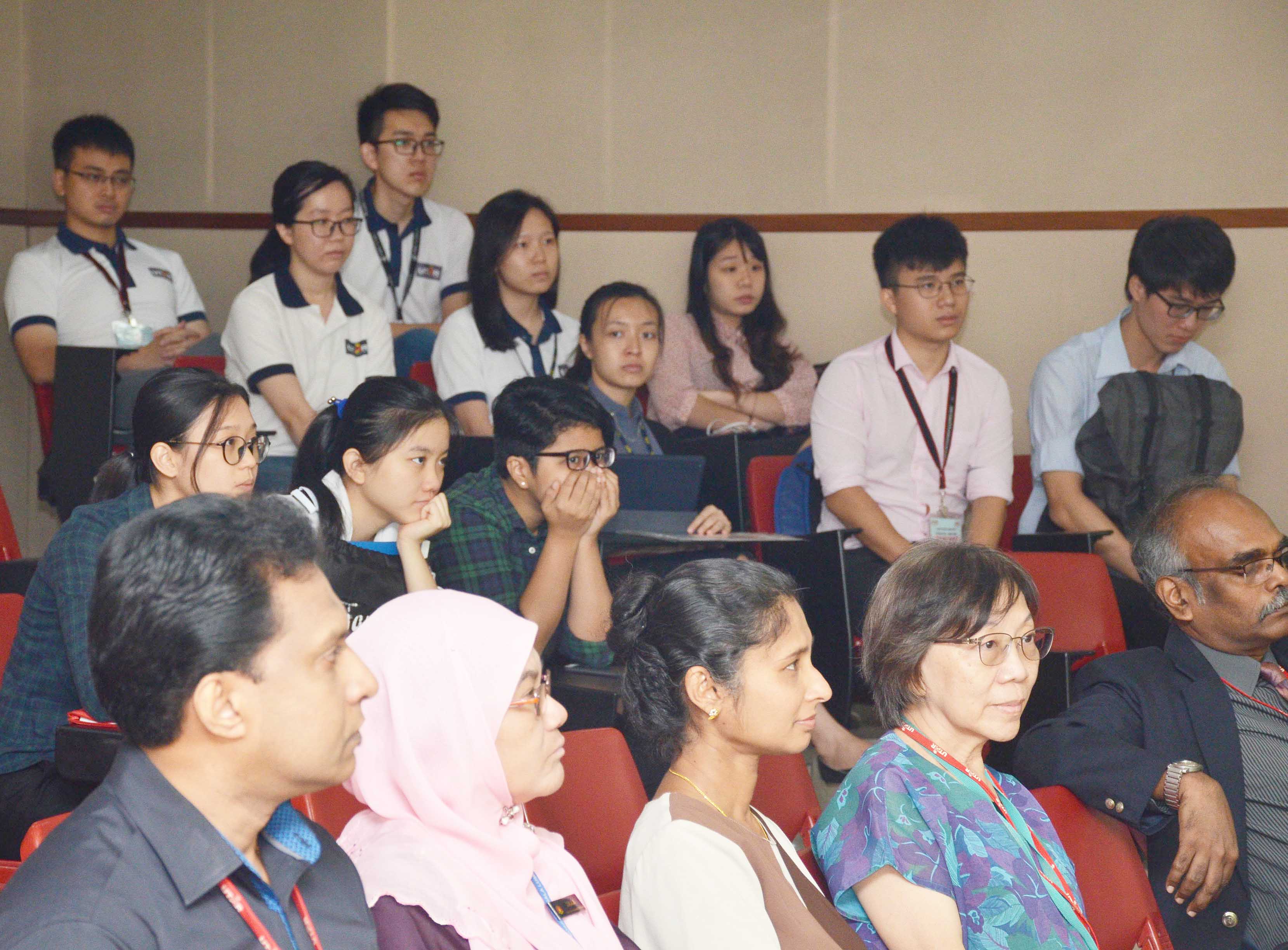
Participants at the seminar
The seminar was followed by two sessions of talks and an open forum session. Session One, chaired by Centre for Research on Communicable Diseases Chairperson Prof Dr Ngeow Yun Fong, featured two speakers, namely University of Leeds Department of Discovery and Translational Sciences Dr Hema Viswambharan and UTAR Head of Physiotherapy Department Nizar Abdul Majeed Kutty. The second session was chaired by UTAR Centre for Cancer Research Chairperson and FMHS Head of Postgraduate Programmes Programmes Prof Dr Lim Yang Mooi and it featured two speakers, namely Hospital Kuala Lumpur Department of Physiotherapy Senior Physiotherapist Zalila Kasim and UTAR Centre for Research in TCM Chairperson and FMHS Head of Chinese Medicine Department Dr Te Kian Keong.
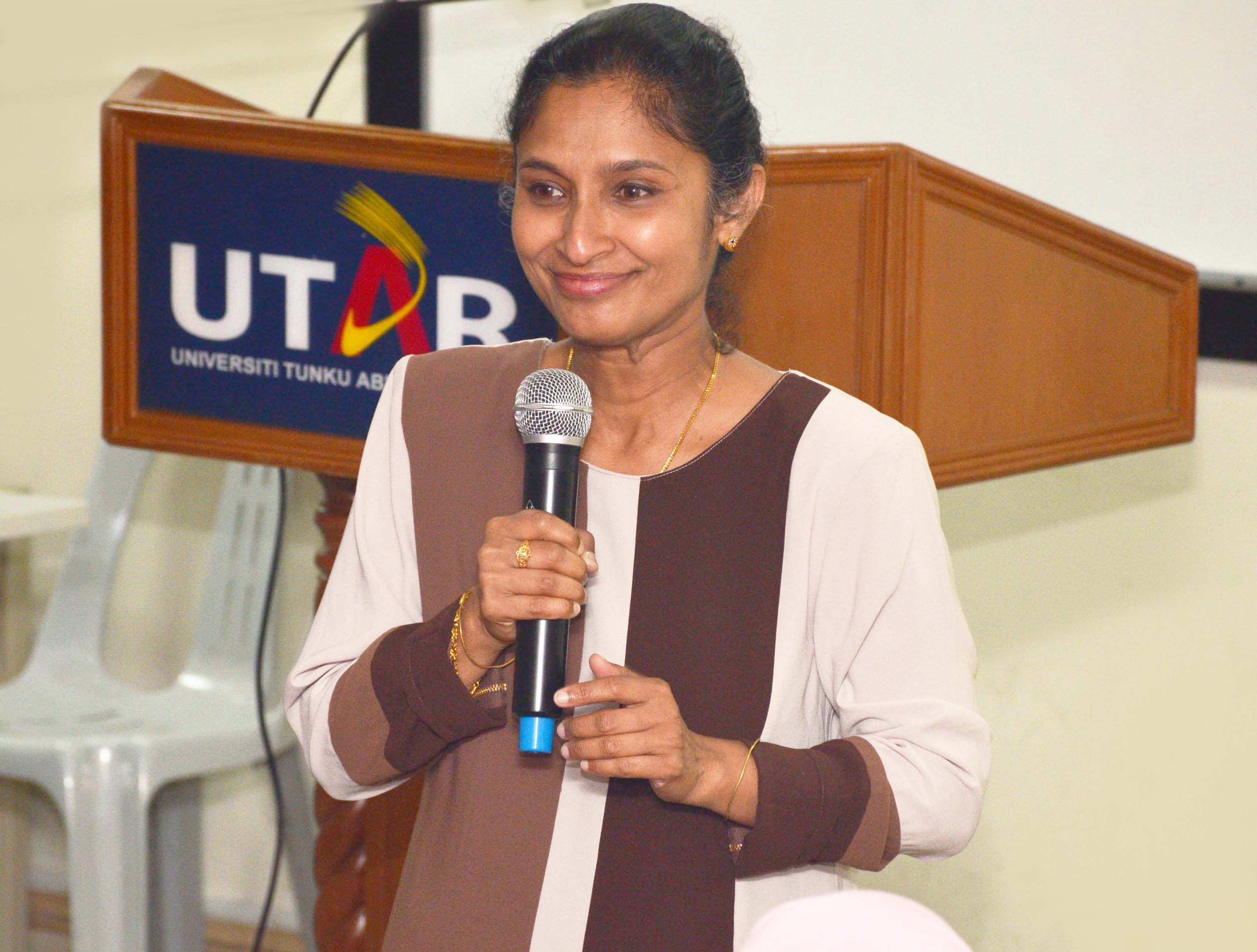
Dr Hema during her presentation
Dr Hema presented her talk titled, “Endothelial Insulin Resistance: An emerging concept in diabetic vascular diseases”. She spoke about the new concept of diabetes, the role of endothelial cells, her research work and collaboration, diabetes and its effects on the body as well as the function of insulin. She added, “I’m a big fan of holistic medicine. There is definitely a link between the mind and the body. Science and ancient medicine go hand in hand together, so we have to know the patient individually to identify what’s best for the patient.”
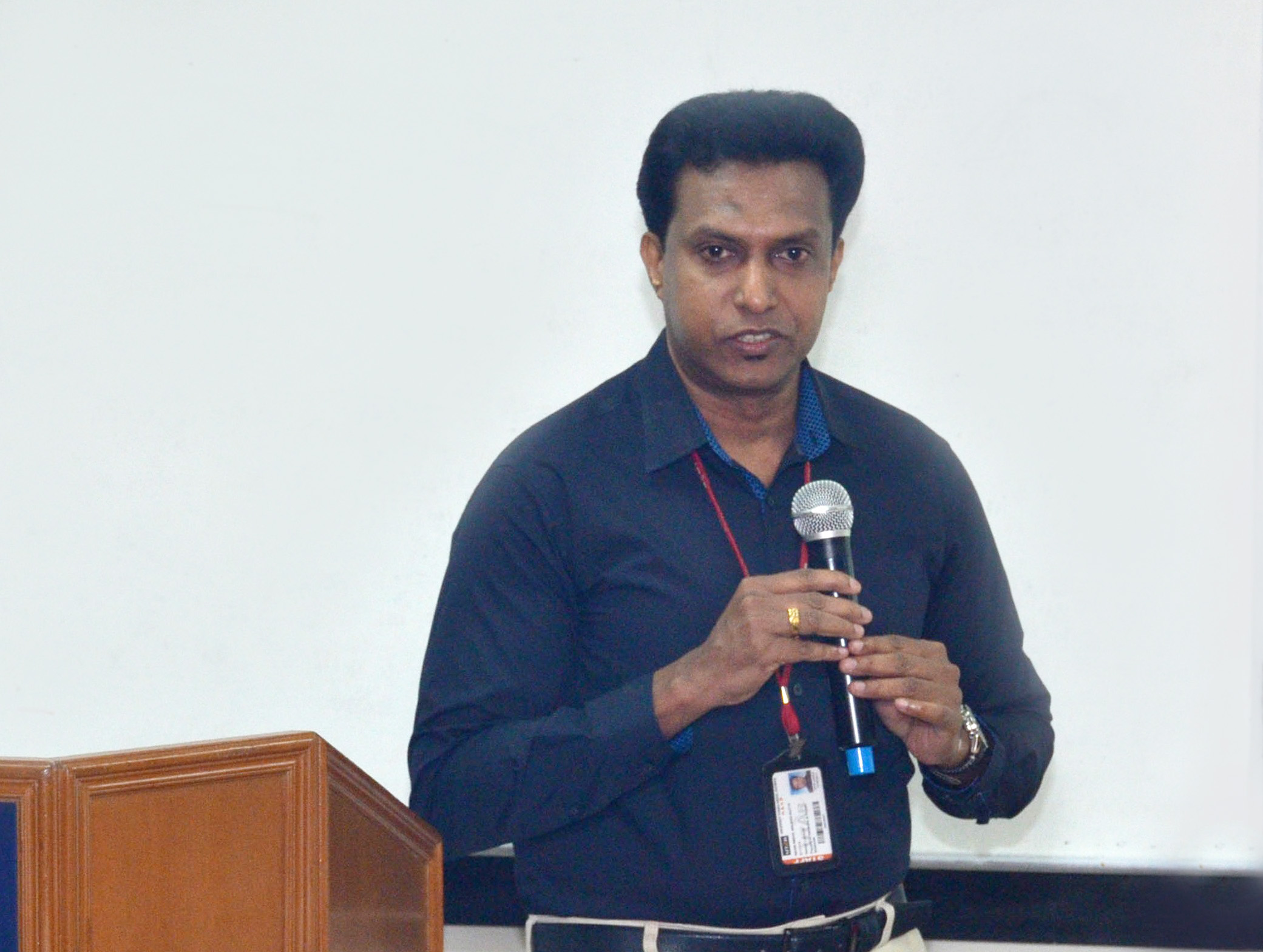
Mr Nizar delivering his talk
Mr Nizar’s talk titled “Talk on Diabetic Neuropathy” focused on the global trends of diabetes, the global prevalence of diabetic neuropathy, neuropathy syndromes and pathological changes. “Diabetic neuropathy is the most common complication associated with diabetes mellitus. It causes a broad spectrum of neuropathic complications such as acute and chronic forms affecting each level of the peripheral nerve, from the root to the distal axon. The microvascular pathological changes in diabetic polyneuropathy and vascular changes strongly correlate with clinical deficits and nerve pathology which lead to pathological events like axonal atrophy, axonal degeneration and impaired axonal transport,” said Nizar. He added, “Diabetes affects humans from head to toe and it reduces the quality of life, leading to economic burden as a whole. Thus, prevention and awareness need to start at a young age.”
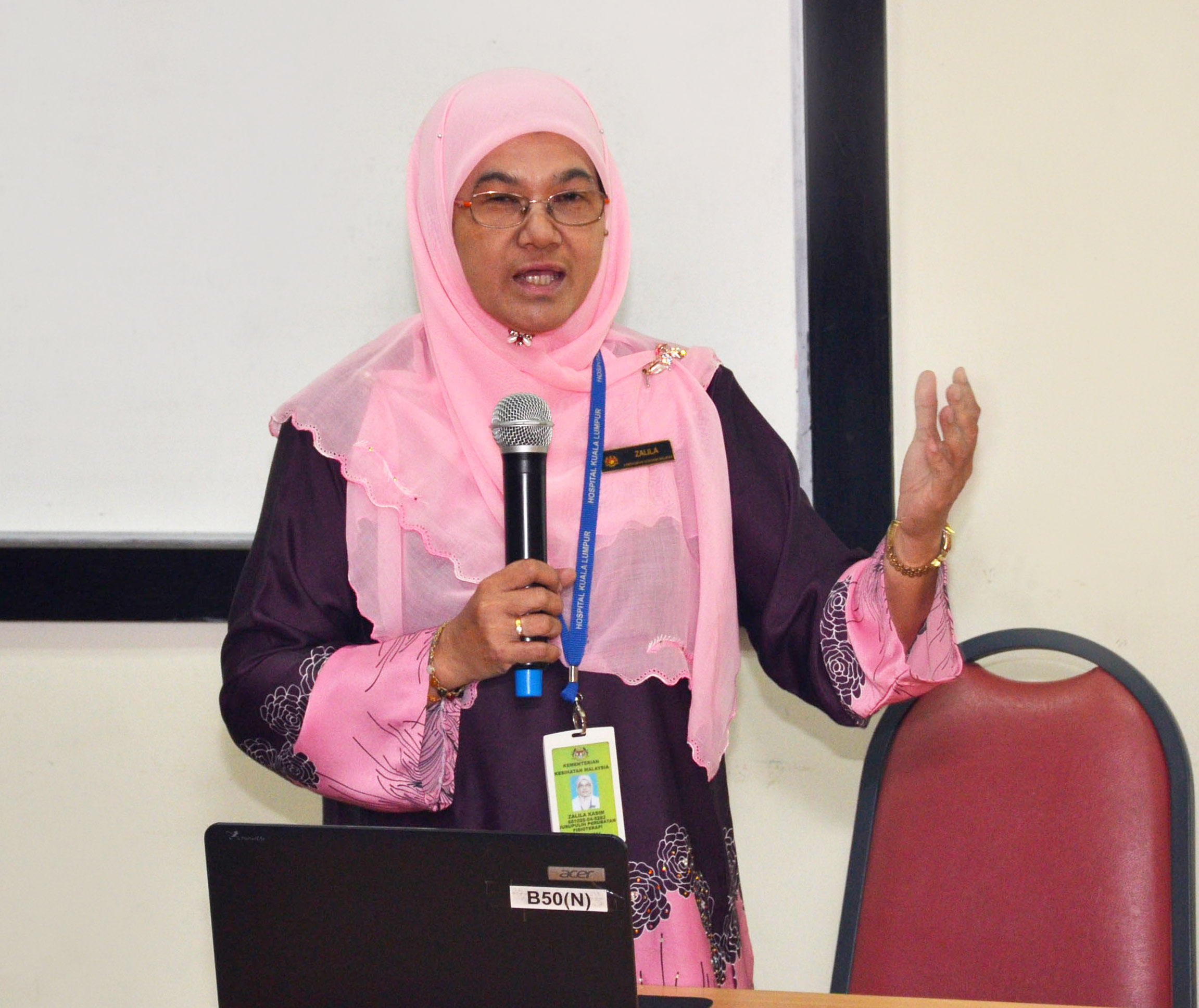
Puan Zalila presenting her talk
Puan Zalila Kasim in her talk titled, “Role of Physiotherapy in the Management of Diabetes” said, “We need to look into how we can encourage the diabetic patients to engage physiotherapy; as exercise is the medicine. The benefits of exercising include stabilising the blood glucose, improving respiratory function, reducing body weight and strengthening bones and muscles. However, with diabetic patients, we need to look into the phase of exercise whereby we take aspects such as frequency, time and type of exercise into consideration as well as the preparations before exercise”. She also spoke about the role of a physiotherapist, the need for regular physical activity, how to measure the outcome of physical exercise as well as the behaviour change therapy which can promote the adaption and maintenance of lifetime physical activity.
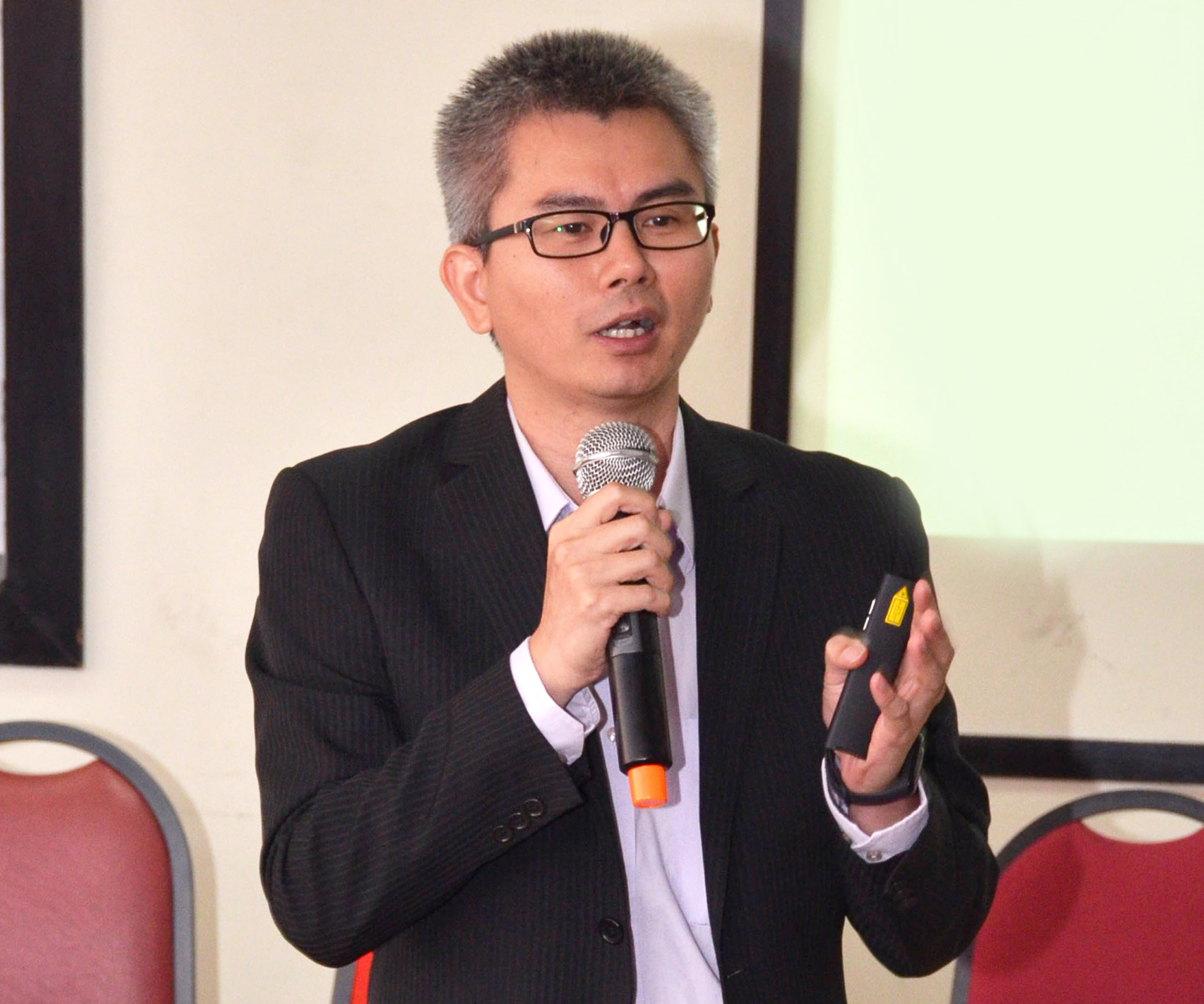
Dr Te explaining the historical background of TCM
Dr Te shared his topic titled “Understanding Diabetes from TCM view” and explained the overview of TCM which included the background and the methods used in TCM. He said, “All physiological functions of the body as well as the symptoms of the disease can be differentiated on the basis of Yin and Yang characteristics. He made historical references of the symptoms of diabetes being recognised as a disease more than 2000 years ago in ancient Chinese texts as “Xiao-Ke”.
The seminar then featured a lively and interactive Open forum chaired by Professor Dr John Paul Judson (Chairperson for the Centre for Research on Non-Communicable Diseases), where all the invited guests took questions from the audience in their respective areas of expertise and clarified their doubts regarding diabetes and its management.
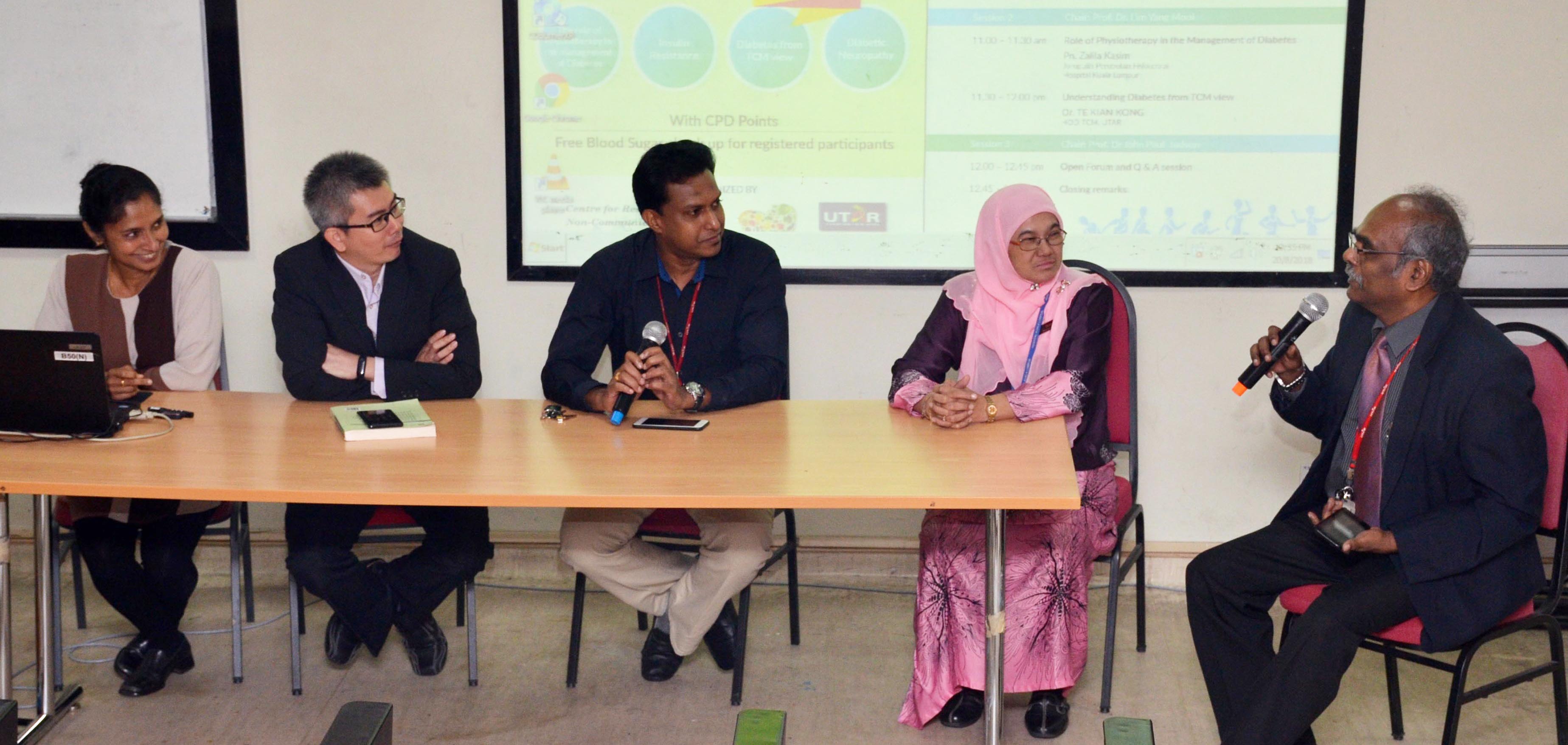
Open forum and Q&A session with the guest speakers moderated by Prof Dr John Paul Judson (far right)
Throughout the entire seminar, free blood sugar tests were conducted to registered participants and members of the public by trained staff and student volunteers through kind courtesy of Nano Medic Care Sdn Bhd. The members of the Organising Committee ensured that all arrangements were perfectly planned and executed.

Participants testing their blood glucose level at the sponsored blood test booth
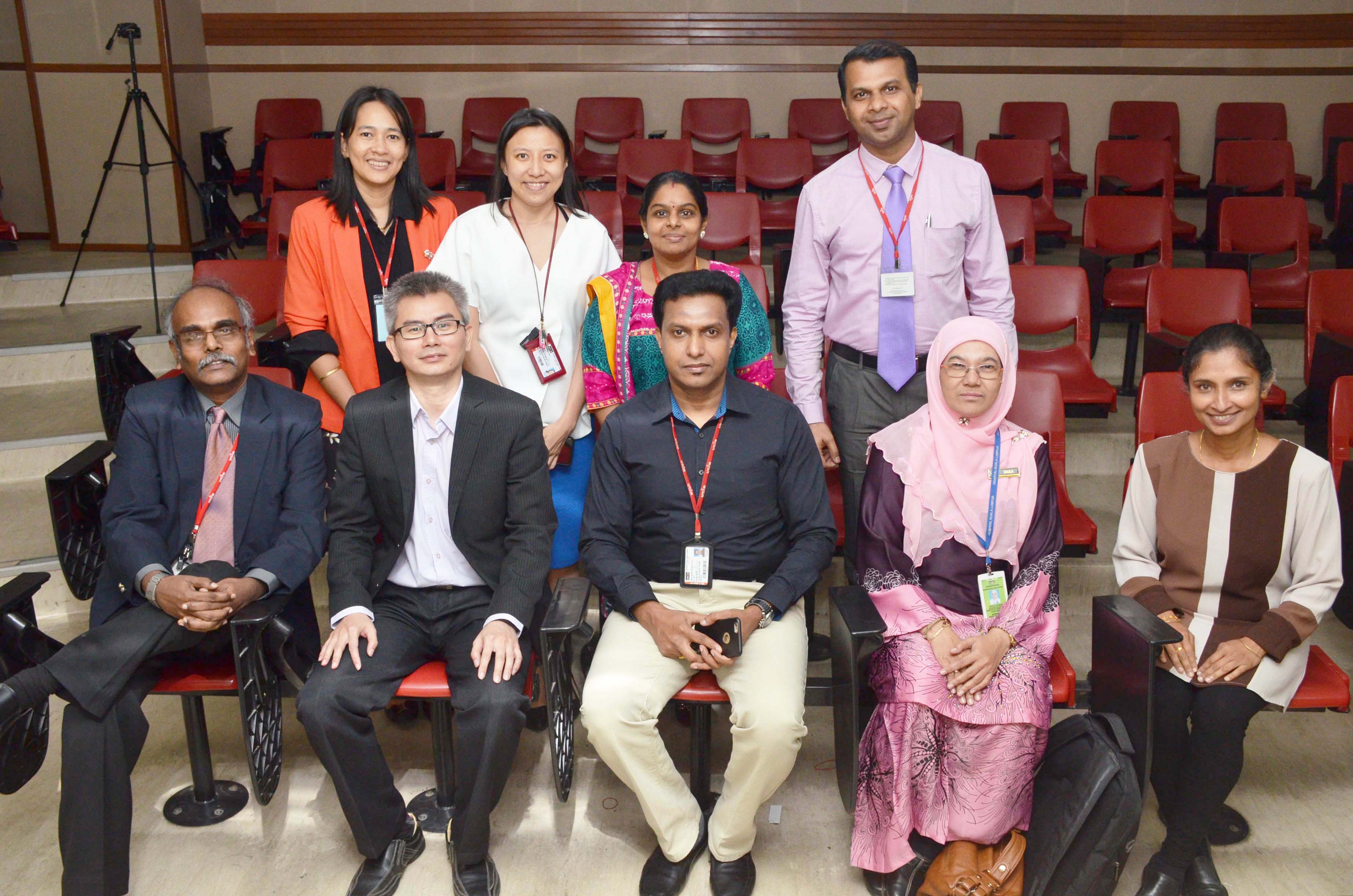
Front row, from left: Prof John Judson, Dr Te, Nizar, Zalila and
Dr Hema
Rear row,
from left: Dr Kye Mon Min Swe (Treasurer), Dr Foo Chai Nien (Secretary),
Kumutha Kushalan (Logistics) and Jayesh Chandran (Chairman)
© 2019 UNIVERSITI TUNKU ABDUL RAHMAN DU012(A).
Wholly owned by UTAR Education Foundation Co. No. 578227-M LEGAL STATEMENT TERM OF USAGE PRIVACY NOTICE